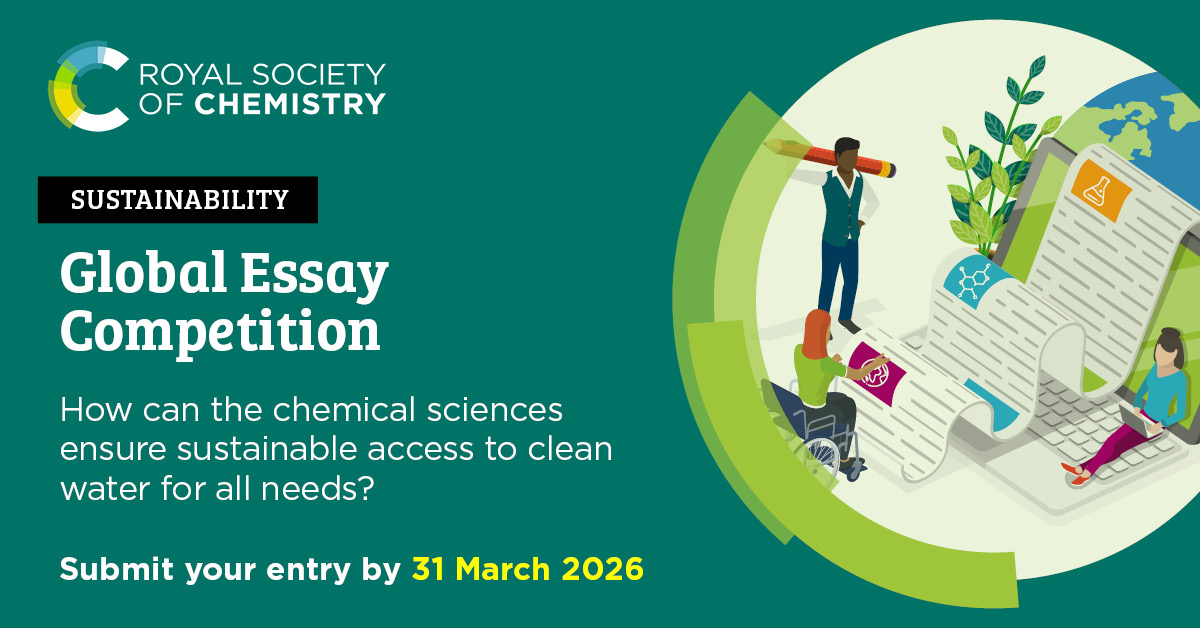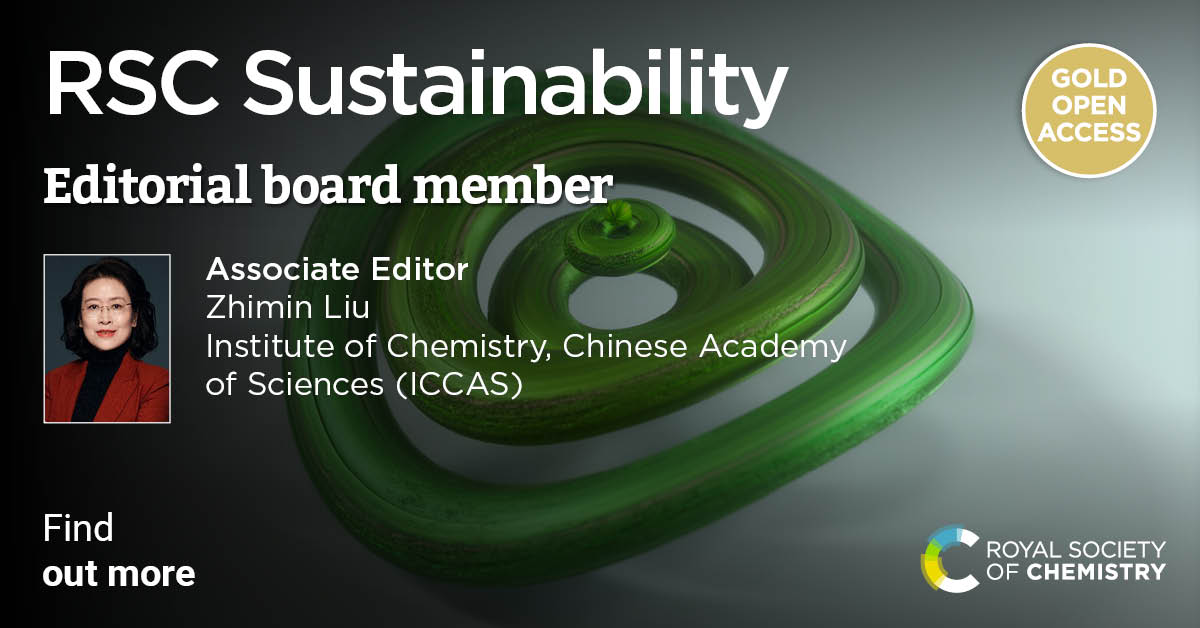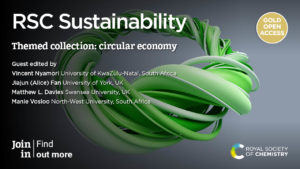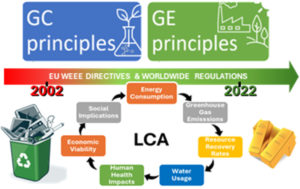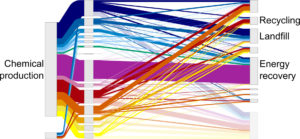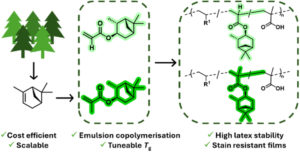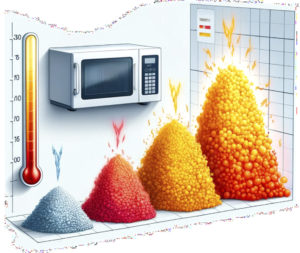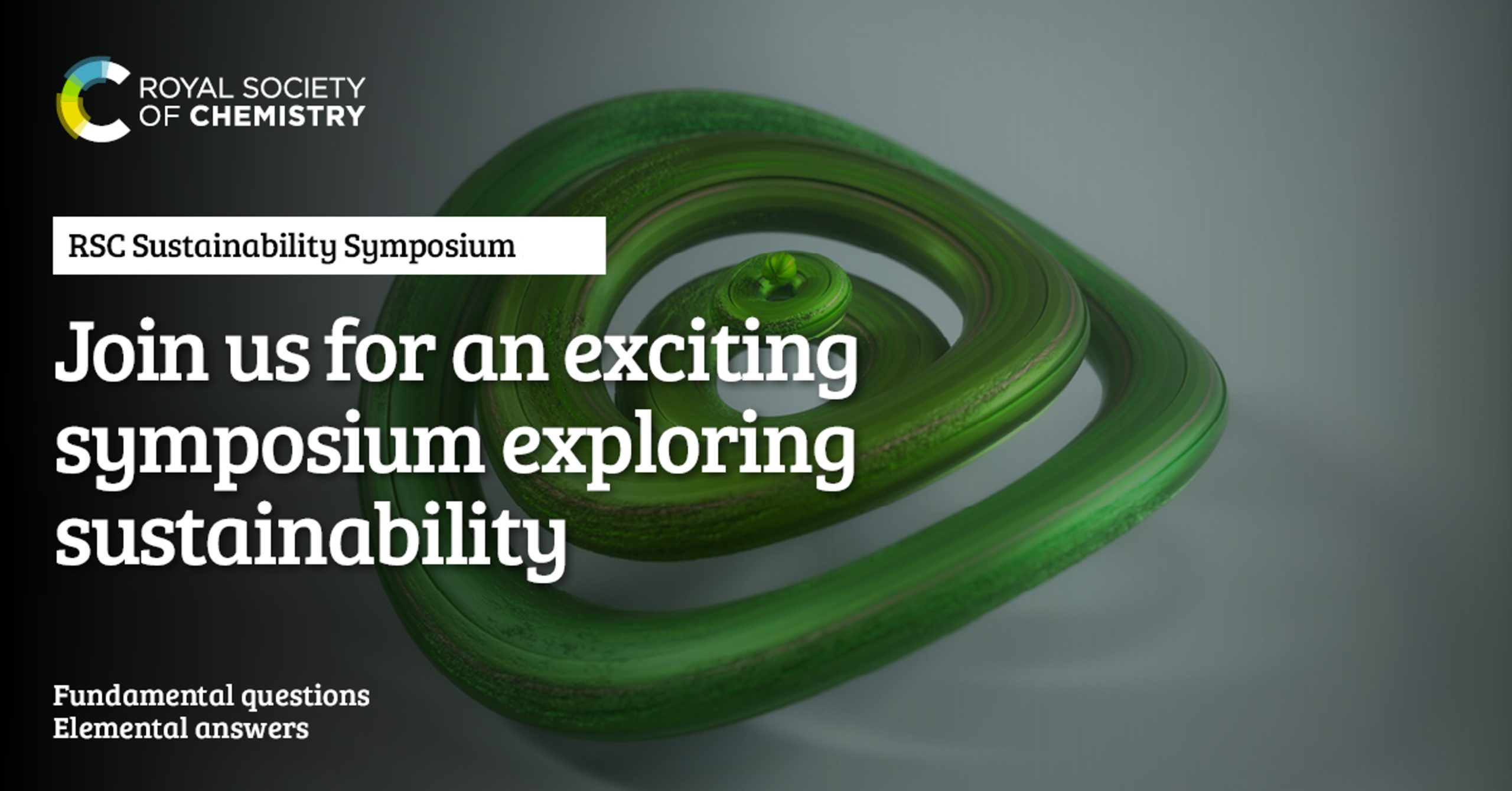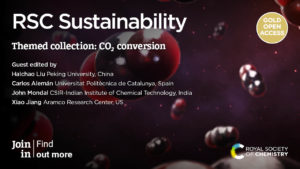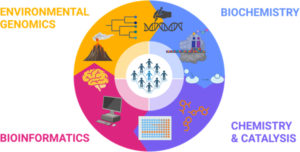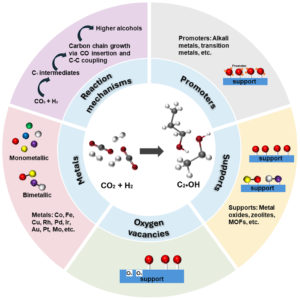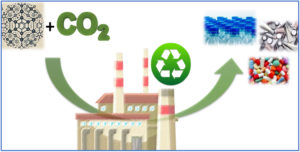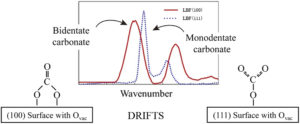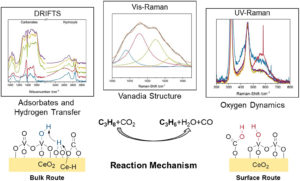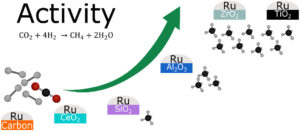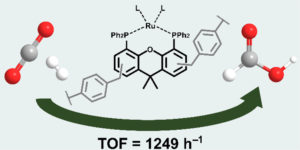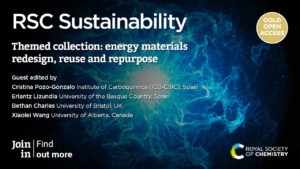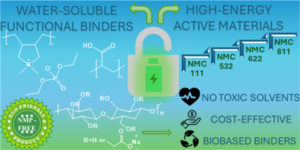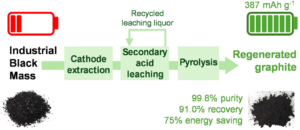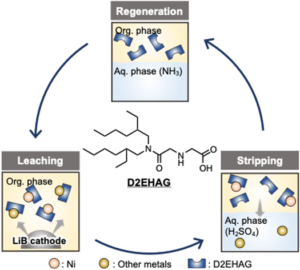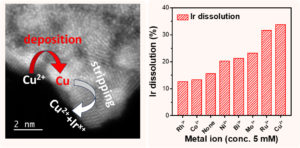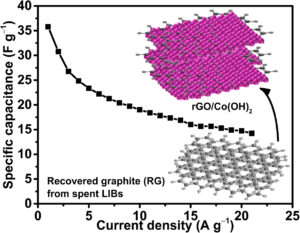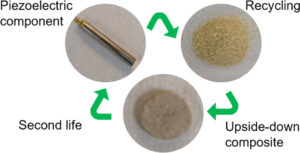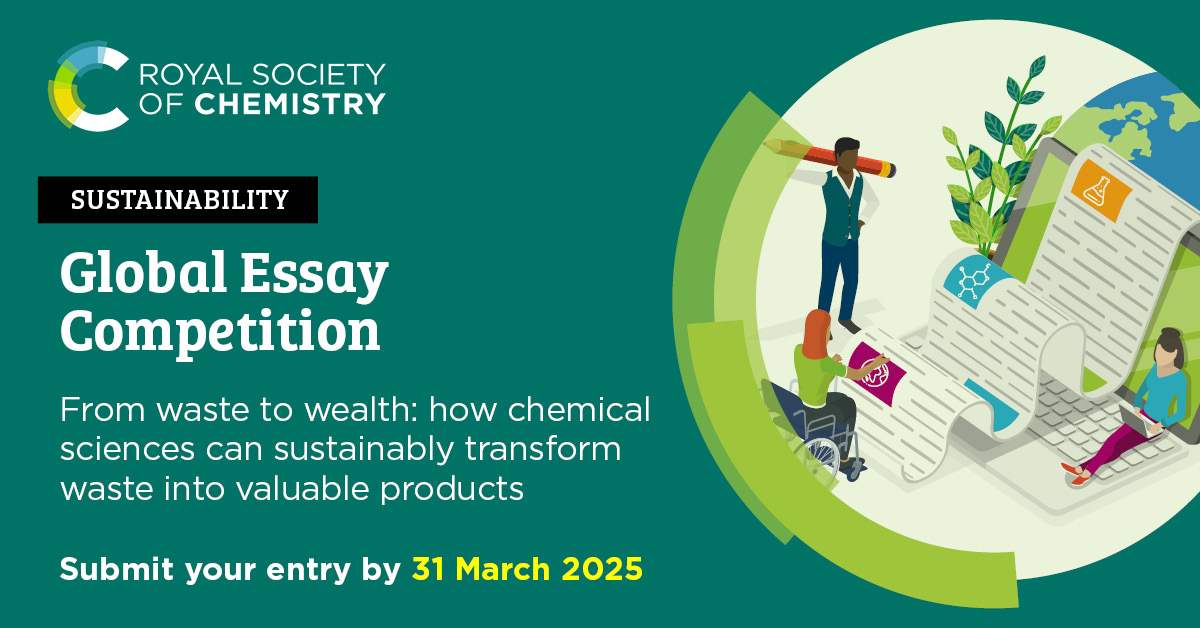The global essay competition is back for 2026!
Who? The International Organization for Chemical Sciences in Development (IOCD) and the Royal Society of Chemistry are excited to continue their collaboration and announce this year’s Young Voices in the Chemical Sciences for Sustainability annual essay competition.
What? The theme for 2026 is “How can the chemical sciences ensure sustainable access to clean water for all needs?”
When? The deadline for submissions is 31 March 2026.
Where? The competition is open globally to entrants under 35, providing a unique opportunity for young scientists and researchers to showcase their ideas and contribute to the important conversation on sustainability. The winning entries will be published in RSC Sustainability, providing a platform for the authors to share their work with a global audience and make a real-world impact.
Why? Sustainability is a pressing issue that affects us all, and the chemical sciences have a vital role to play in addressing it. The competition encourages young scientists to think about the importance of scientific approaches grounded in the chemical sciences for solving sustainability challenges and to take a broad, global perspective, including reflecting on the intersection of science, society and policy aspects, rather than to describe a particular scientific advance in great technical detail. Broad flexibility will be applied in assessing the approach taken by entrants to framing this year’s theme, which might be addressed, for example, through (but not limited to) contexts such as the 17 Sustainable Development Goals, specific international challenges such as climate change, biodiversity loss or plastics pollution, or critical resource shortages and the need for material stewardship. The competition challenges participants to highlight the importance of the chemical sciences for solving sustainability challenges, as well as realism about what more needs to be done.
Further information on entering the competition can be found here.
Explore last year’s winning essays on the theme on the theme “From waste to wealth: how chemical sciences can sustainably transform waste into valuable products” in this collection:
- From rags to riches: the role of the chemical sciences in transforming waste into valuable products
Frederica Butler. RSC Sustainability, 2025,3, 4858-4861. - The new gold rush: unlocking the potential of waste through chemical science, society and policy
Yick Eu Chew. RSC Sustainability, 2025,3, 4862-4865. - Shining light on waste: photochemical strategies to reduce and transform plastic pollution
Alexandra T. Barth. RSC Sustainability, 2025,3, 4866-4869. - To scale or not to scale? Re-engineering biorefining for a more sustainable and circular future
Ahmad B. Ghanayem. RSC Sustainability, 2025,3, 4870-4873. - Reimagining plastic waste: sustainable depolymerization using mechanochemistry as a gateway to high-value applications
Emal Mathew. RSC Sustainability, 2025,3, 4874-4877. - Waste alchemy in the age of industry 5.0: rethinking sustainable electronics
João Vitor Paulin. RSC Sustainability, 2025,3, 4878-4881. - From waste to wealth: advancing e-waste transformation through chemical sciences
Emmanuel Anuoluwapo Oke. RSC Sustainability, 2025,3, 4882-4886.
We encourage all young scientists and researchers who are passionate about sustainability to submit an entry to this year’s competition.
